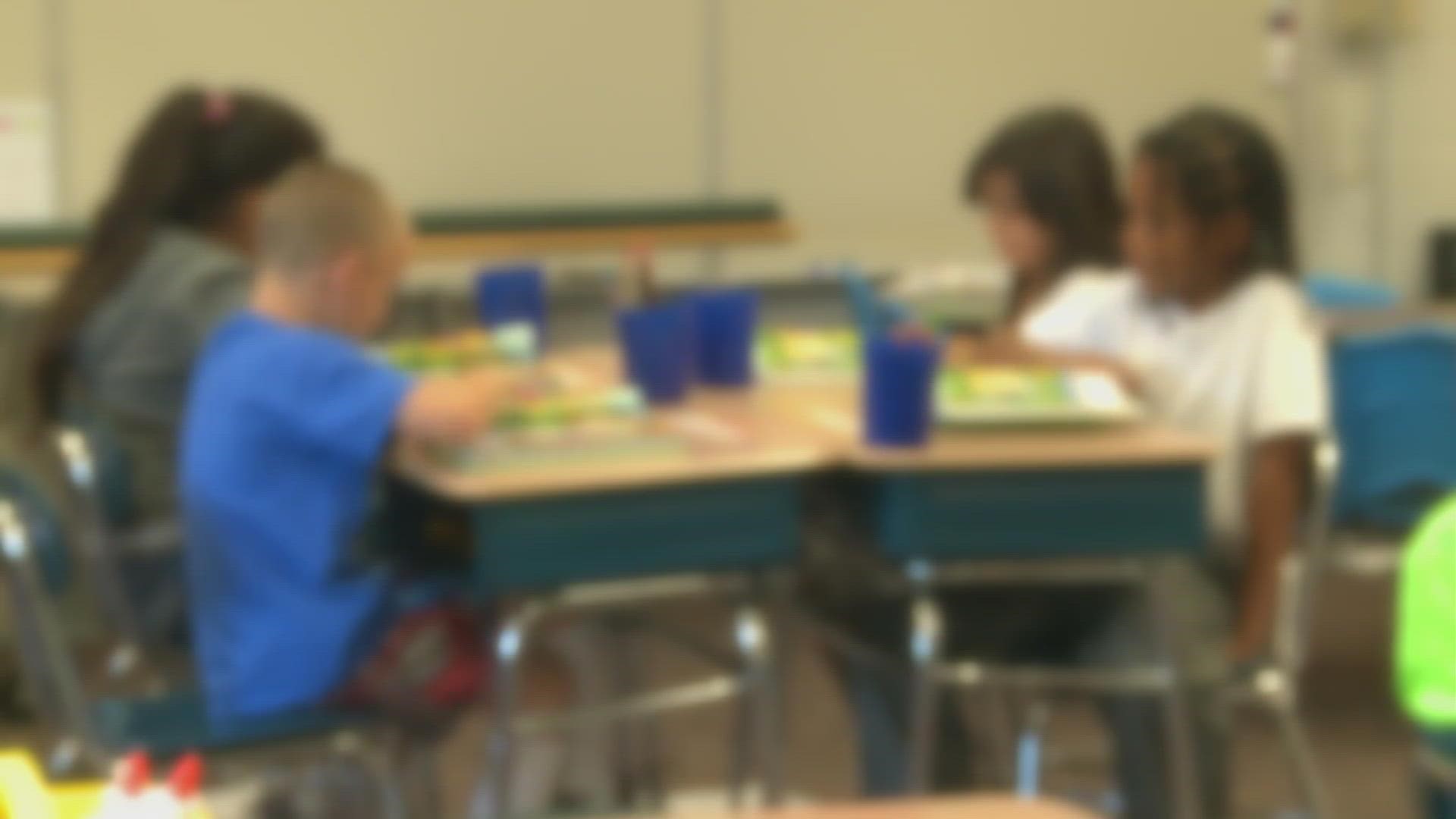NASHVILLE, Tenn. — In around a month, students across Tennessee are expected to take a state test that could determine whether they pass the third grade or need to repeat it.
Students can "exceed," "meet," "approach" or be "below expectations" on the statewide TCAP exam. If they approach or are below expectations on the English and Language Arts exam in third grade, the state law would require them to repeat third grade, go to summer school or attend tutoring.
Some lawmakers are trying to change that law. Nineteen amendments to the new law have been proposed in the legislature so far. On Tuesday, the House K-12 subcommittee was expected to examine 16 of them. The discussion was moved to next week instead, March 14.
"The K-12 subcommittee is going to be sorting through those amendments to try to determine what they want to recommend to pass along to the Senate. So, it's really critical, critical point," said Austin Sauerbrei, an advocate with the Statewide Organizing for Community eMpowerment movement. "We don't need blanket retention. There are better ways to do this."
The 19 proposed amendments could make several changes to the law. The proposed changes include adding checkpoints, and local appeal panels or removing the chance to repeat a grade while keeping requirements for tutoring if students don't score well.
Sauerbrei said he wants the state's hands completely off decisions about education at the local level.
"It don't think there's been any superintendent, or any school board, that's come out in favor of blanket retention," he said.
Some parents echoed his ideas, saying they were worried about their children and how the TCAP tests could not impact their future.
"This is the first time these kids are taking a TCAP because it starts in third grade. So, you are literally making their first experience with a standardized test, a make-or-break for the future," said Dustin, a parent of a young student. "The urgency is real. We have this going on in the legislature, literally a month before we go into this testing. So, it needs to happen and it needs to happen now."
The House Education Subcommittee K-12 is expected to hear from advocates, superintendents and teachers about the new law and the changes. Nothing will be voted on at their meeting.
"I was really concerned, not just for my own children, but for all of her peers," said Whitney Coe, another parent of a young student.
Her third-grader, like most others in the state, attended school during the height of the COVID-19 pandemic.
"They spent so much time in COVID space, in that time of that liminal space where they were sometimes in class, sometimes online. They went through a whole lot during those two years, where schools were sometimes open and sometimes closed," Coe said.
She said the challenges of COVID-19 make the third-grade retention law even more stressful for students, especially those who could not attend traditional classes.
"We have buckets and buckets of research that tell us that retaining a child can have a very negative effect on their entire life," said Rep. Gloria Johnson (D - Knoxville). "I think it's critical that only the people that know the child best, certainly the teacher, and the principal, and the reading specialists at the local school have lots of things to use."

